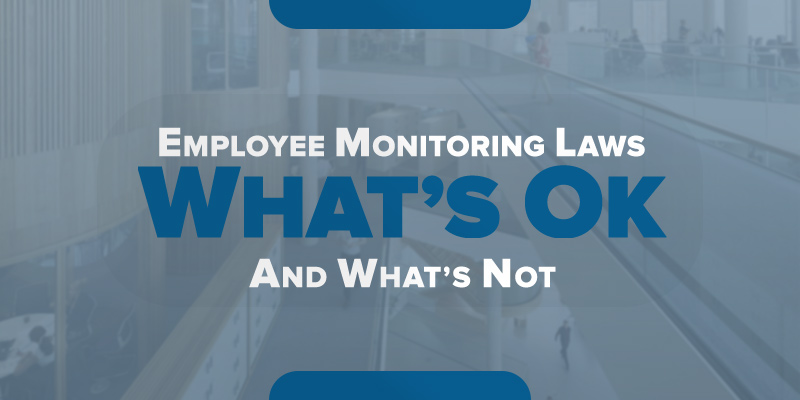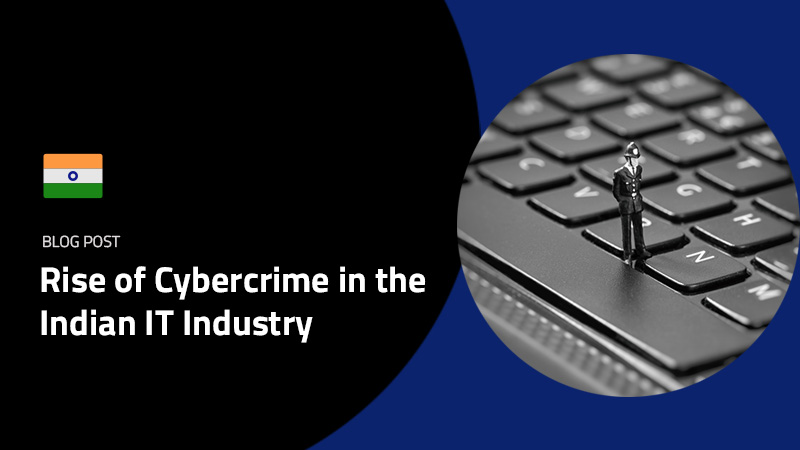The European Court of Human Rights recently ruled in favor of employee monitoring – but warned against ‘snooping on staff’. So where should you draw the line?
In 2007, a Romanian engineer was fired after his employers discovered he had been using Yahoo Messenger for personal communications. However, he claimed that the monitoring of his conversations was a breach of his personal privacy, filing a lawsuit in the European Court of Human Rights.
The court ruled that it’s legal to monitor private messages in the workplace, provided it’s stated that monitoring was taking place – however there was a message to employers:
“Don’t snoop on staff.”
The reason the European Court of Human Rights ruled in favour of the employer in this case was that they had reasonable evidence and concern to monitor and read the private messages in question. The dismissed employee was breaching the code of conduct and his actions were quite clearly not of interest to the company. The court said: “[It is not] unreasonable that an employer would want to verify that employees were completing their professional tasks during working hours”.
“It is not unreasonable that an employer would want to verify that employees were completing their professional tasks during working hours”
Ok, so that’s clear enough, but there’s lessons to be learn here. You can save yourself and business a lot of time and money should one of your employees decide they’re not happy with being monitored in the work place. Follow a few simple rules and rest assured that you can monitor legally and productively.
Employee Monitoring Laws Around The World
The laws that define what’s legal and what’s not differ around the world, however generally speaking, there are two key steps you should be taking in order to protect yourself form legal disputes:
- Tell employees you’re monitoring them – have a written policy that states what you’re able to monitor, not only is this a required law in most countries, it is a practice we recommend as it can increase trust with your employees.
- Clearly define what employers are allowed to use company devices for – whether its desktops, smartphones or tablets, let them know it’s strictly for work purposes only and that personal messages, social media, bit torrents etc. will not be tolerated.
Employee Monitoring Software
Digital Endpoint’s KnowIT provides a wide range of employee computer monitoring software services. It also offers the option of having an icon on employees’ screen to let them know they’re being monitored.
To learn more about KnowIT, click here.






